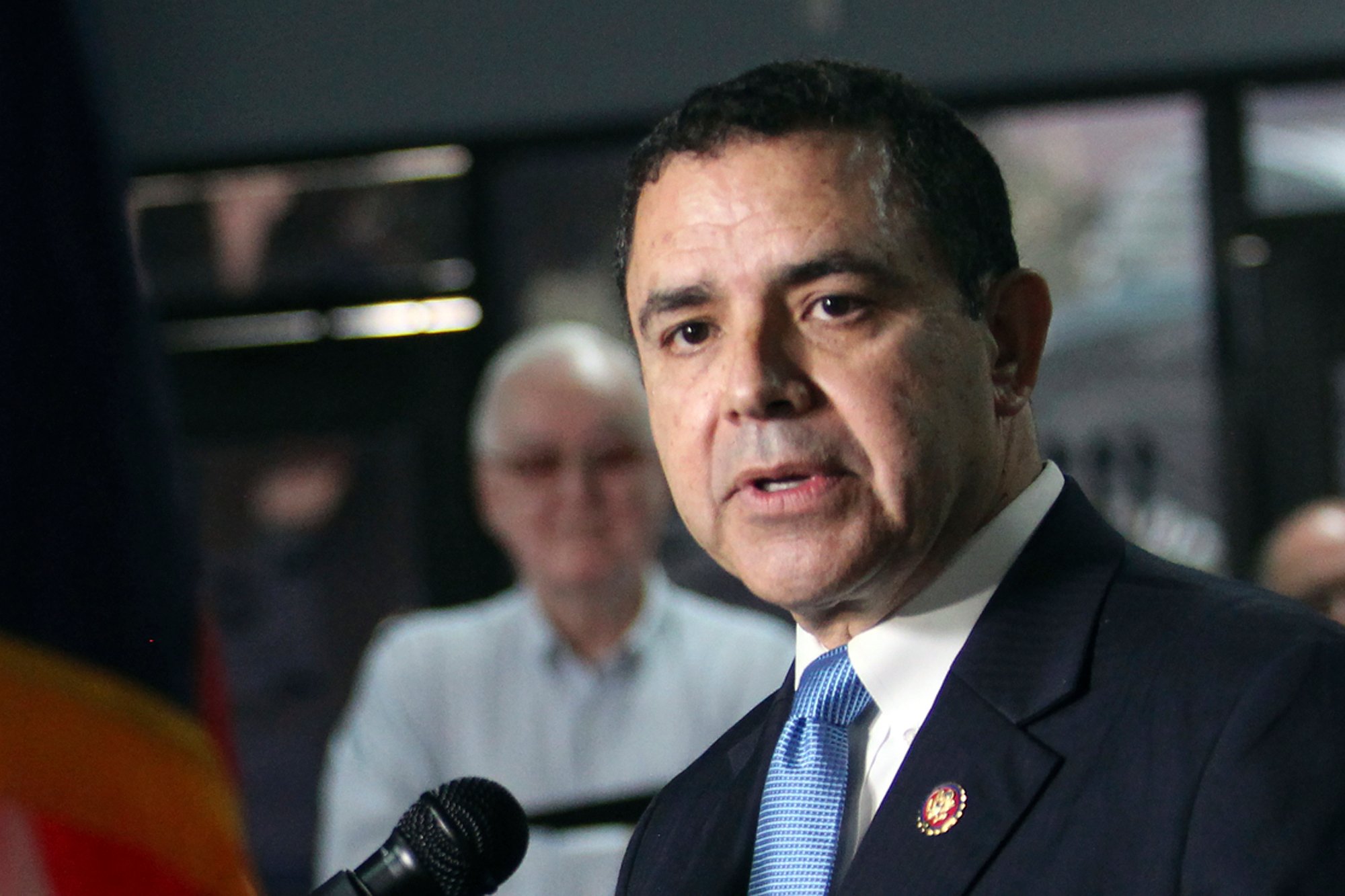ustxtxb_obs_1982_06_04_50_00004-00000_000.pdf
Page 10
Where are you eager to use yours? Or is it too early to tell? Well, it is really too early for me to say that the first month in office, I’d I’m going to have a lot of hard work to determine exactly what my mark on the land commission is going to be. My guess is that I’m going to spend a lot of time dotting Is and crossing Ts on policies Armstrong implemented. Because his policies are more than just enlightened they’re revolutionary. And we need to make certain they’re implemented as he intended them to be .. . Which ones, like which policies? Well, we’ve gone from an eighth to a fourth .. . In royalties. We’ve got royalty bidding. It’s a phenomenal concept. Nobody in private enterprise can command a 25% royalty. And nobody in private enterprise can command royalty bidding. That’s phenomenal! The idea that he’s doing that you know, Alaska did it, and that’s about it. To explain how much it means: we have some wells that are giving us 60% royalties. And that is just phenomenal! And your idea is to carry that forward? Oh, yeah . . . . . . to defend it, not qualify it? No, no to expand it, even. When in doubt go with royalty bidding as opposed to standard royalties. But for me to be able to say that with a clear conscience, I’ve got to sit down . . . and he may be doing “when-in-doubt” to the Nth degree now, hell, I don’t know. And there’s no way I can tell until I get in there and see the nuts and bolts, and not only see what’s written down on paper, but how it’s handled on a day to day basis. It’s a real disadVantage see, I can tell you everything the books and the policies say we do, but I can’t tell you what happens every day, day in and day out. One of the things I’m certain of after working in Bullock’s office is that what we have written down, and what happens about half the time in government is two different things. What my job with Bullock always primarily was, was to make certain the policies were really implemented. Bob set up a fairly revolutionary thing in that estuary, wetlands protection situation down on the coast . . . I assume you would stay with that program? Absolutely. But we got to fight it all over again. You see, the federal law preempted state law so that he [Armstrong] was phasing out protection of the wetlands. As you know, TENNERAC, vetoed his last set of regulations. They were saying, of course: 4 JUNE 4, 1982 we’re going to have federal regs, so why have overlapping regs? Now, all of a sudden, we’re back in the business of having to come up with a set of regulations. It’s going to be an interesting situation. You’ve been influenced by Bullock, obviously, and I understand, by Krueger whom, I suppose, philosophically or politically, you’re relatively close to? To who? To Krueger. Well, the first person I worked for was Ralph Yarborough, And I was probably more influenced by him than anybody. Would you tell us your political history, briefly . . . ? Well, I worked for Yarborough. That’s the first real political job I ever had. And after that race I was state chair of young persons for McGovern-Shriver Young Texans we called it. And I came back here, and we worked in a lot of local races. I worked for Bob Binder as treasurer when he ran for City Council the first time. Then I went to work for clerk. Then I went to work for Bullock when he announced for comptroller. And Krueger decided to run and I was working for Krueger. And I moved back to Austin and worked for Bullock for two years, and in that time . . . in the broad history of our local elections; here, I was Ann Richards’ race; I was very active in was a kind of fulltime politico there for a while . . . And the attorney general? . . . and neither one of the attorney general boys are governor’s people. Usually, the attorney general is one of the governor’s boys. So it’s going to be a real unusual we may have a government that works like the constitution had in mind, maybe .. . Why would you want to be land commissioner? Well, I got interested in the job back in well, if you want to look at the overall picture, why does anybody want to be in public service, period? And I obviously made a commitment a long time ago to public service. The profit motive is fun, but it’s not a primary satisfier in my life. Public service is. The land commissioner in particular, I got interested in while I was working in the comptroller’s office. You know, most people don’t realize that the comptroller not only collects taxes, but he is also in charge of funds management. One of the functions of that job is to predict where the state’s economy is going to go, where our tax base is going to come from, where our money is going to come from in the future. And our computer at that point was spitting out information . . . when we got there, there was a lot of information saying the land commissioner was going to have a smaller and smaller role in government. One of the most remarkable turnabouts and nobody’s every written about is that, instead of a decreasing and smaller and smaller role, it’s taking an increasing, larger role. When [Bob] Armstrong took that job, it only generated $65 million a year. He’ll leave that job this year having generated over a billion dollars. Education? Nobody’s ever talked about what kind of implication that has for education. Because by the end of this decade, we’ll have more than $10 billion in our Permanent School Fund. And that kind of endowment well, the idea that we were smart enough to do that is obviously by accident. Can the land commissioner exercise any kind of leadership about how that endowment is used, how it’s directed? Sure. Every elected official has so many chits of leadership. It’s just a matter of where you use them. You know oh, I’m not going to tell the state school board what to do. But if there is gross mismanagement, if there is any well, anytime you have a platform of a statewide elected official, you can exercise leadership in just about any area you’re willing to use that chit in. It’s just a matter of how many chits you want to use up. Some of our statewide officials have used absolutely zero in the past 20 years. And some,of them have used a lot. Armstrong tended to use them up in presidential years for presidential candidates. And that’s a nice place to play. How would you characterize your time with the Democratic Party? We haven’t got a true political delivery system. A party delivery system. Haston Smith. And Preston started dismantling the Democratic apparatus. Possibly he did it initially, in my opinion, through lack of use, rather than on purit away from him, and that really screwed it. And then Briscoe continued the disassembling so the truth of the Erwin was executive director, we never really had a delivery system within the party. And the party system by its very nature has to have spoils. You can call them spoils, you can call them rewards, call them anything you want to but the bottom line is that people who work hard in the system have to know that at some point they’re going to be rewarded. Doesn’t necessarily have to be through, uh spoils don’t have to be jobs or money, there are other satisfiers besides either one of those. And because there


